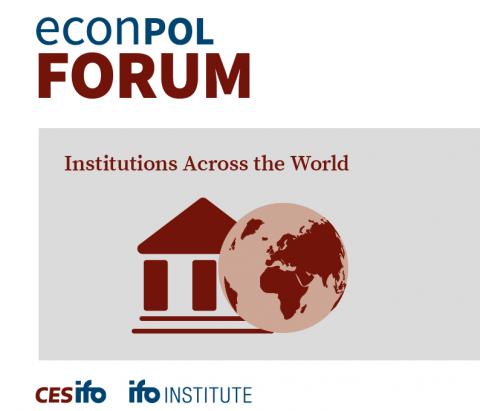Emigration and Elections: The Role of Emigrants' Missing Votes
INSTITUTIONS ACROSS THE WORLD
Key Messages
- Emigrants typically differ from the origin population in terms of age, education, and political preferences
- Emigrants are also voting less in their country of origin even if they have the right to vote
- As emigrants are not voting in their country of origin, their votes are missing
- This can influence elections if emigration is large, and elections are tight
- Policies facilitating voting for the diaspora can ensure better representation
The number of migrants is continuously increasing worldwide. One in 30 people is a migrant, which amounts to 3.6 percent of the world’s population. This article presents the case of Poland, a country with 12.5 percent of its population living abroad. Many of them still have Polish citizenship and thus the right to vote in Poland. It finds that, the large-scale emigration of young and educated voters causes a negative shift in left-wing voting while there is a substantial increase in right-wing voting with higher emigration. More generally, this effect will depend on the selection of migrants and their voting preferences. Based on this, countries might also want to apply different policies to steer the wheel in either direction.
Yvonne Giesing, Felicitas Schikora and Geisi Shima: “Emigration and Elections: The Role of Emigrants' Missing Votes,” EconPol Forum 24 (5), CESifo, Munich, 2023.
